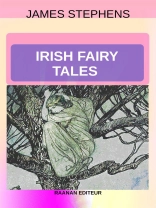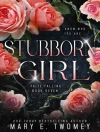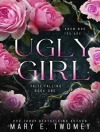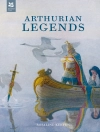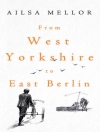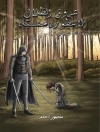Irish Fairy Tales is a retelling of ten Irish folktales by the Irish author James Stephens. The stories are set in a wooded, Medieval Ireland filled with larger-than-life hunters, warriors, kings, and fairies. Many stories concern the Fianna and their captain, Fionn mac Uail, from the Fenian Cycle of Irish mythology.
|Wikipedia|
Stories
The Story of Tuan mac Cairill
The Boyhood of Fionn
The Birth of Bran
Oisín’s Mother
The Wooing of Becfola
The Little Brawl at Allen
The Carl of the Drab Coat
The Enchanted Cave of Cesh Corran
Becuma of the White Skin
Mongan’s Frenzy
Acquista questo ebook e ricevine 1 in più GRATIS!
Lingua Inglese ● Formato EPUB ● ISBN 9782714907455 ● Dimensione 0.3 MB ● Casa editrice Raanan Editeur ● Pubblicato 2021 ● Scaricabile 24 mesi ● Moneta EUR ● ID 7864271 ● Protezione dalla copia DRM sociale
